- There are more than 200,000 smoking-related deaths in Sub-Saharan Africa each year and the World Health Organization projects the number of tobacco users across the continent will increase to 62m in 2025
- There is a lack of cessation support for smokers in Sub-Saharan Africa and healthcare systems in many countries are unable to cope with the health impacts of tobacco use
- Tobacco harm reduction (THR), using safer nicotine products (SNP) that pose fewer risks to health, can help reduce both the number of smokers and the burden on healthcare systems
- If safer nicotine products are available, affordable, accessible and appropriate, many people will choose to switch
With more than 200,000 smoking-related deaths each year in Sub-Saharan Africa, there is an urgent need for the region to embrace tobacco harm reduction, according to a UK-based public health agency.
Knowledge•Action•Change (K•A•C) argues that tobacco harm reduction could generate significant public health gains for the countries in Sub-Saharan Africa and is particularly crucial at a time when the number of tobacco users across the continent as a whole is set to increase to 62 million by 2025.
Many people either cannot or do not want to quit nicotine use, but smoking is deadly. Tobacco harm reduction offers smokers the choice to switch from combustible cigarettes to safer nicotine products that pose fewer health risks, including nicotine vapes (e-cigarettes), tobacco-free nicotine pouches, Swedish-style snus (an oral tobacco) and heated tobacco products.
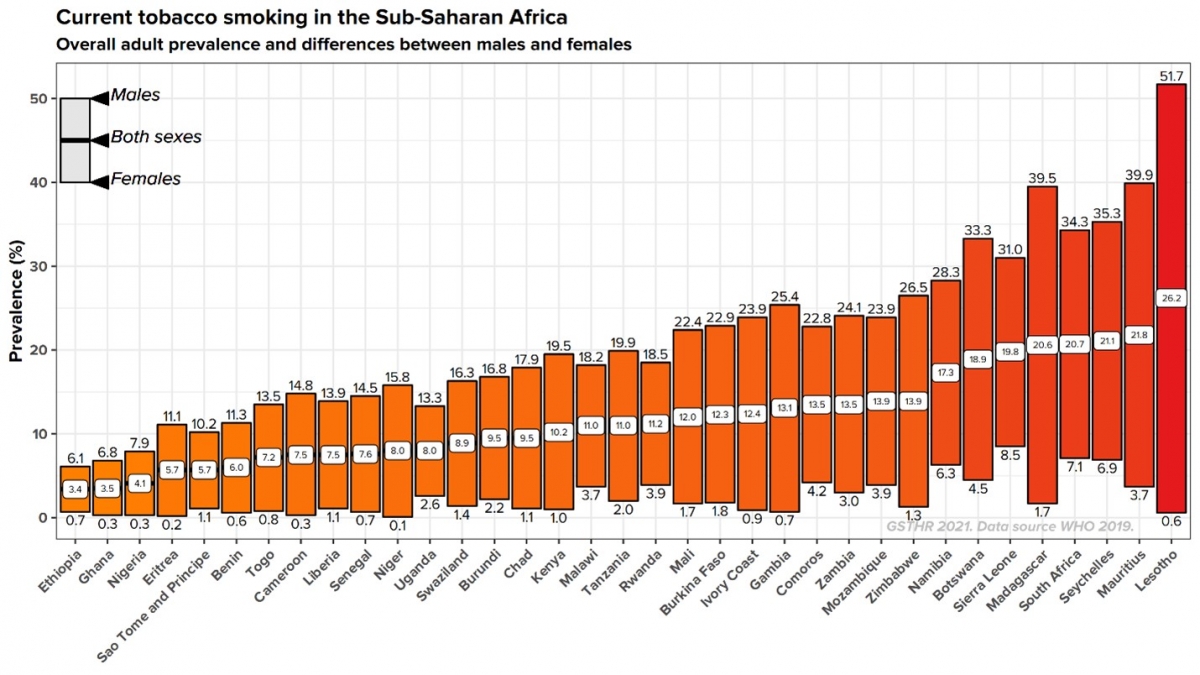
Image provided by the Global State of Tobacco Harm Reduction
K•A•C’s new Briefing Paper, Tobacco Harm Reduction in Sub-Saharan Africa, authored by Chimwemwe Ngoma, the founder of THR Malawi, investigates the current status of tobacco harm reduction in the 48 countries of Sub-Saharan Africa.
As well as considering the economic role of tobacco in the region, the paper, from K•A•C’s Global State of Tobacco Harm Reduction project, provides a country-by-country guide on the availability and legal status of safer nicotine products. It notes progress is being made with tobacco harm reduction across Sub-Saharan Africa, highlighting the work of consumer advocacy groups offering tobacco users accurate information about combustible cigarettes and safer nicotine products.
However, the availability and accessibility of products such as nicotine vapes remains poor in many countries, while appropriate regulation is needed for product safety. Many smokers cannot access smoking cessation support. Some governments are unable to meet basic requirements for a robust healthcare system and there is a lack of funding to prevent the non-communicable diseases linked to smoking.
There is also widespread and deliberate misinformation circulating about safer nicotine products, and many consumers, healthcare institutions and governments in Sub-Saharan Africa remain unaware of tobacco harm reduction’s potential.
Looking to the future, Chimwemwe says: “To become smoke-free, Sub-Saharan Africa needs safer nicotine products that are locally feasible, affordable, appropriate, accessible, and culturally acceptable, supported by sensible product regulation. For this to happen, governments in Africa should strive to remain independent, conduct their own social economic impact assessments and make science-based policies that embrace tobacco harm reduction.”
Photo Credit:
Paper photo by Christa Dodoo on Unsplash
Dave Cross
Journalist at POTVDave is a freelance writer; with articles on music, motorbikes, football, pop-science, vaping and tobacco harm reduction in Sounds, Melody Maker, UBG, AWoL, Bike, When Saturday Comes, Vape News Magazine, and syndicated across the Johnston Press group. He was published in an anthology of “Greatest Football Writing”, but still believes this was a mistake. Dave contributes sketches to comedy shows and used to co-host a radio sketch show. He’s worked with numerous start-ups to develop content for their websites.
Join the discussion
Briefing Paper Explains Benefits
The Global State of Tobacco Harm Reduction project has released a new Briefing Paper explaining the huge potential of tobacco harm reduction for people experiencing homelessness
GSTHR THR Groups Briefing Paper
The Global State of Tobacco Harm Reduction (GSTHR) has released a new Briefing Paper looking at tobacco harm reduction consumer advocacy groups - and notes their exclusion from COP10
New GSTHR Briefing Paper on COP10
A new GSTHR Briefing Paper analyses the FCTC COP10 Agenda and meeting documents, identifying concerning implications for tobacco harm reduction
GSTHR Paper Explains COP10
The Global State of Tobacco Harm Reduction project reminds advocates about the Briefing Paper explaining the WHO’s Framework Convention on Tobacco Control and Conference of the Parties


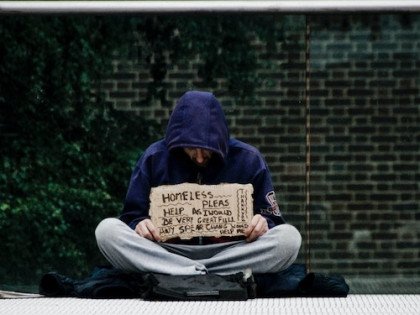
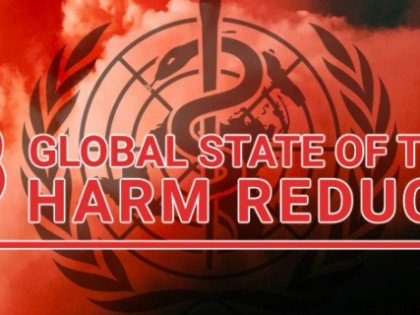
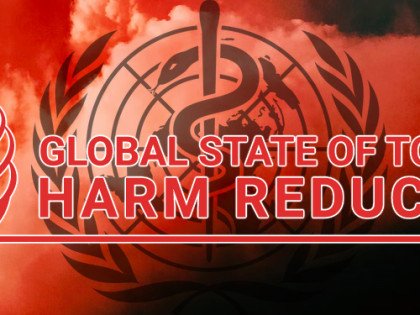
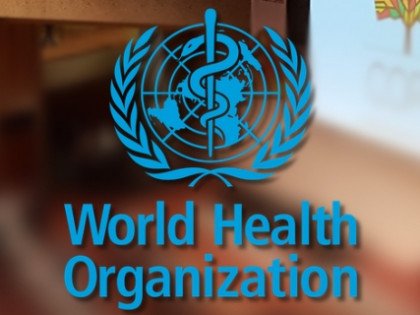
-listing400.jpg)




